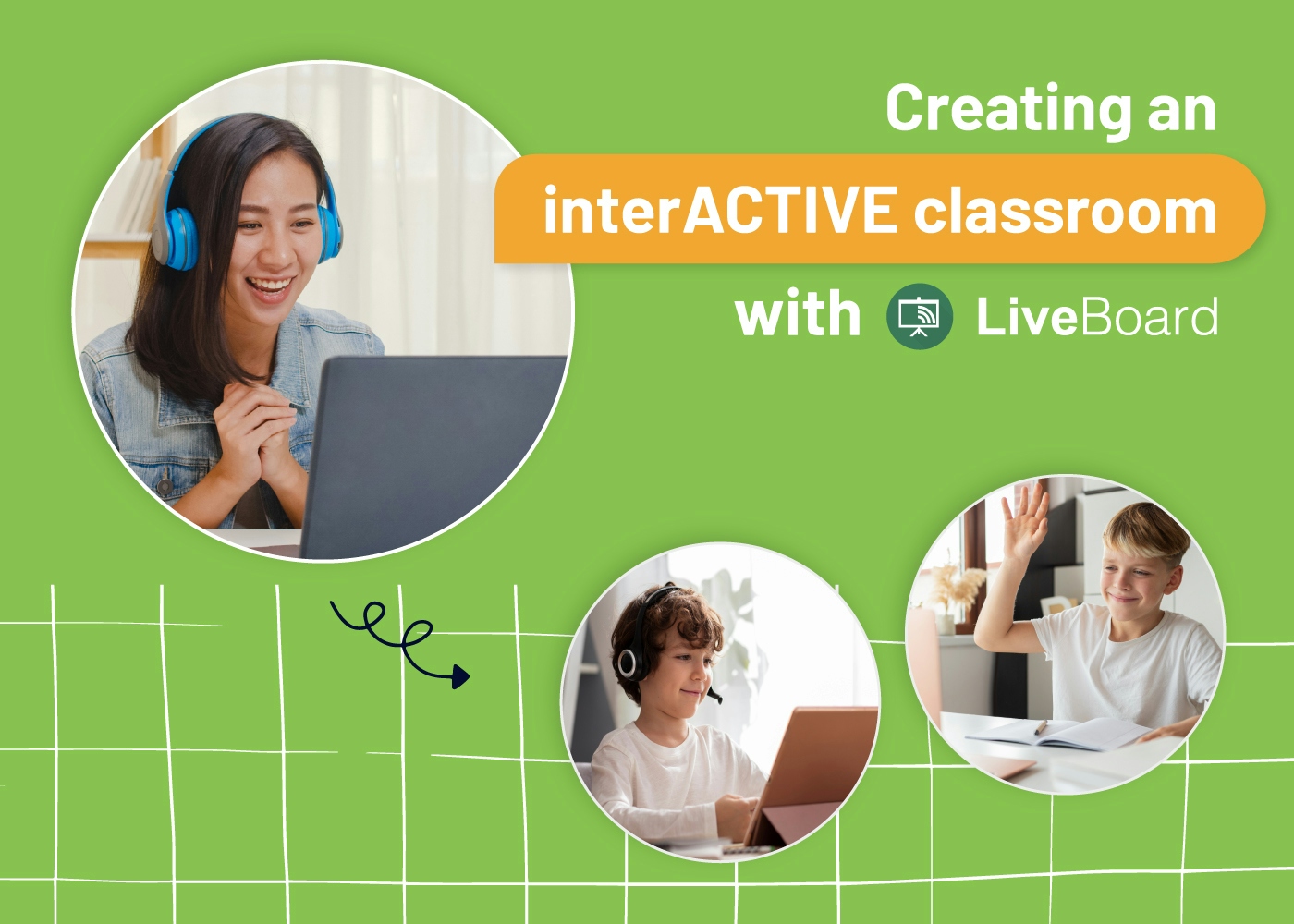Metacognition and problem solving are among the essential aspects of Mathematics. In fact, these two phenomena prove that Math is not always about following predefined algorithms and memorized solutions. It’s a science that needs a creative approach and critical thinking for problem-solving. So, what is the essence of metacognition, and how exactly does it impact Math teaching and tutoring strategies? Let’s get this straight in today’s research!
Defined: Metacognition
In short, metacognition is defined as “thinking about thinking.” It’s the ability to monitor and control one’s cognitive processes. In other words, the term refers to being aware of your thought processes, knowing when and how to use specific problem-solving strategies, and being able to reflect on the outcome of your efforts. These components are crucial for success in any field, particularly in Math.
Defined: Problem-Solving
On the other hand, problem-solving refers to Math tasks and problems requiring specific steps and strategies that provide intellectual challenges for students. The process of solving a problem usually starts with identifying the challenge, followed by the search for clues and evidence, making conjectures, testing those conjectures, and finally arriving at a workable solution.
Now that we have clarified these two terms, it’s time to see how they are related!

Metacognitive Skills for Problem Solving
There are three essential metacognitive skills for problem-solving:
- Task analysis / Planning
- Progress monitoring
- Result evaluation / Revision
Let’s quickly explain the main points for each skill. Task analysis is the ability to understand what is required to complete a task. This metacognitive skill is crucial for identifying the steps that need to be taken in order to solve a problem.
At this stage, metacognition implies being aware of your thought processes and knowing when and how to use problem-solving strategies.
Progress monitoring refers to checking one’s progress in completing a task. A well-skilled professional knows that keeping the students motivated and focused while working on a challenging Math problem is half the work. Here the tutor’s role is to help the student focus on the task and break it down into smaller goals.
Result evaluation is the final yet no less significant aspect of metacognition in Math problem-solving. It’s all about taking a step back, analyzing the result of your student’s efforts, and revising the strategies used if necessary.
Evidently, metacognition is not just some “abstract” term – it’s a set of particular skills essential for success. The phenomenon can be viewed as a framework that needs to be adapted to each student’s particular needs.
Metacognition During a Math Class: How-tos
Metacognition finds its reflections in every aspect of problem-solving. That’s why a tutor’s first and utmost mission is to guide their students in developing metacognitive skills. Here are working tips on how to do that during an offline or online Math lesson:
Tip #1 Use Metacognitive Language
When talking to your students, use metacognitive terms such as “think about,” “reflect on,” “analyze the steps,” etc. This will help them become more aware of their thought processes and learn to control those.

Tip #2 Metacognitive Questions
Asking metacognitive questions is also a great way to help your students develop their analytical skills. For instance, some Math tutors prefer asking their students to reflect on the strategies they used to solve a problem and whether they were effective.
For instance, you can ask your students questions like “What was the most difficult thing about this task?” or “How did you solve this problem? What steps did you take?” Questions like these activate the cognitive brain functions and help people learn to reflect on their actions subconsciously.
Tip #3 Create Engaging Assessment Quizzes
Assessment quizzes are a great way to encourage metacognition in your students. Here, the main idea is to create quizzes that would assess the knowledge and the ability to contemplate one’s learning processes.
For anyone wondering how to create engaging quizzes for their students, LiveBoard has an outstanding Quiz feature. It will take a few minutes to make such an assessment quiz and monitor the results in real-time. Check the platform’s ever-developing features to take your online tutoring to an entirely new level.
Tip #4 Encourage Students to Keep a Learning Journal
Learning journals are a great way to help your students monitor their progress and revise the strategies they use. A learning journal can be either in a physical form (a notebook where students write down their thoughts) or digital (a Google Doc, for instance).
A Math journal has several advantages. Find some below:
- It allows students to keep track of their progress.
- Students can revise their strategies and reflect on what worked and what and why didn’t.
- With a learning journal, tutors can quickly assess their students’ progress through either online or offline classes.

Tip #5 Help Students Develop a “Growth Mindset”
A “growth mindset” is the ability to see one’s abilities and intelligence as something that can be developed with time and effort. People with such a mindset don’t give up easily – they know that mistakes are an inevitable part of learning and that each failure is a step towards success.
To encourage a growth mindset in your students, praise their efforts, not their results. For instance, instead of saying, “Good job, you got it right!” say, “Great job, you worked hard on this!”
Also, try to avoid using phrases like “You’re so smart!” or “This is so easy for you.” Instead, opt for something like “You must have put a lot of thought into this!” or “This looks like it was quite challenging for you. What strategies did you use to solve it?” Using such metacognitive language will help your students become more aware of their learning processes and develop a growth mindset.
Adding the productive struggle techniques to your methodology is another effective strategy that will contribute to the growth mindset development. In brief, productive struggle implies giving your students problems that are just a bit too challenging for them so that they have to think harder to complete them.
Concluding Points
Do you think metacognition and problem-solving strategies could help you do better in Mathematics? Give it a try! We’d love to hear how it goes. In the meantime, check out our other blog posts for more helpful tips on improving your Math tutoring skills.


